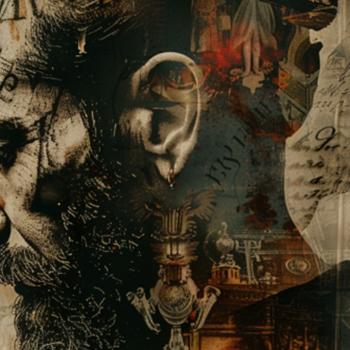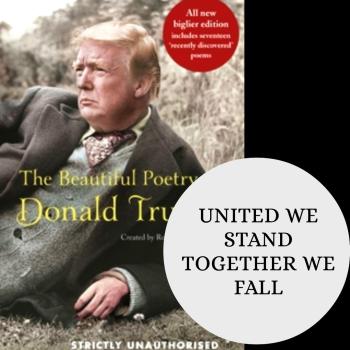Q: What's the relationship between that exclusion from institutions and that creativity when it came to fashioning relationships in a time of crisis?
A: The radical thrust of the gay and lesbian movement in the late 60s and into the 70s was the idea that homosexuals or "sexual deviants," because they faced a particular kind of oppression, formed a kind of perspective that gave them something to offer the broader culture-a particular perspective on oppression. That's the central notion of gay liberation.
Q: How can that particular perspective benefit people--both gays and straights--in our current situation?
A: First, the litmus test of politics should be, "Is your politics fundamentally expansive or restrictive?" That means we need we need to distinguish the fight for rights from the fight for institutional acceptance. Then we have to remember that because we've been denied the right to marry, we have a perspective on what the problems of marriage are. And because we were locked out of marriage, we've built alternatives. One of the most exciting things about gay culture was that we honored all kinds of relationships-chosen families that were more functional and resilient than nuclear families. Now that marriage is in such a crisis, our experience with other kinds of relationships can be useful. Life outside that box is so much more interesting.




